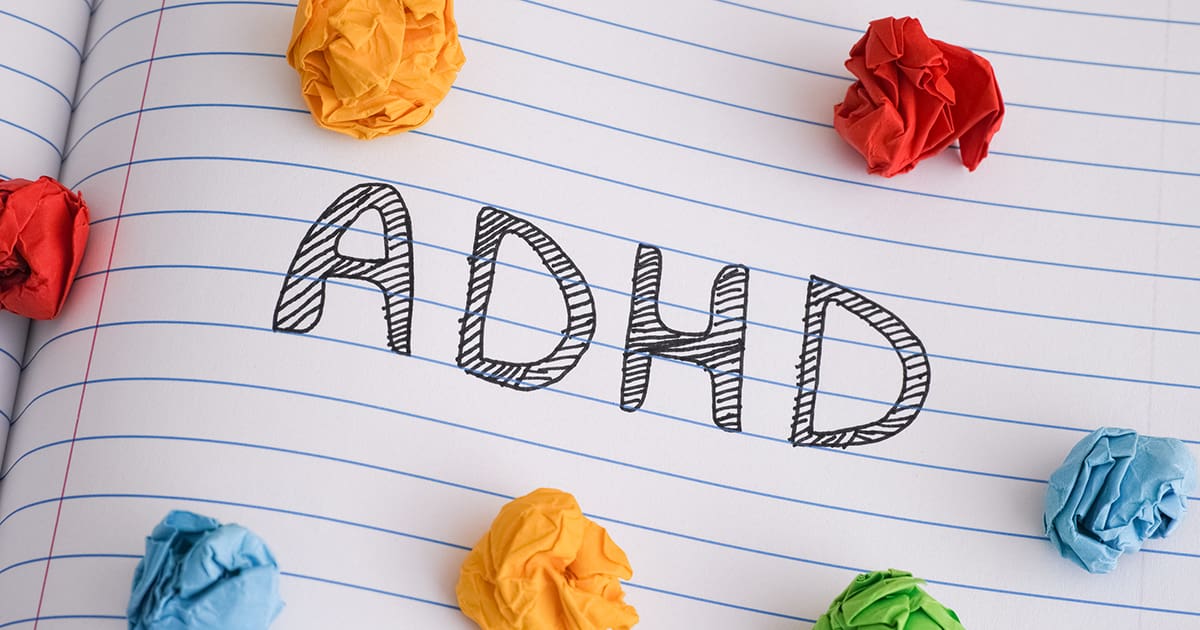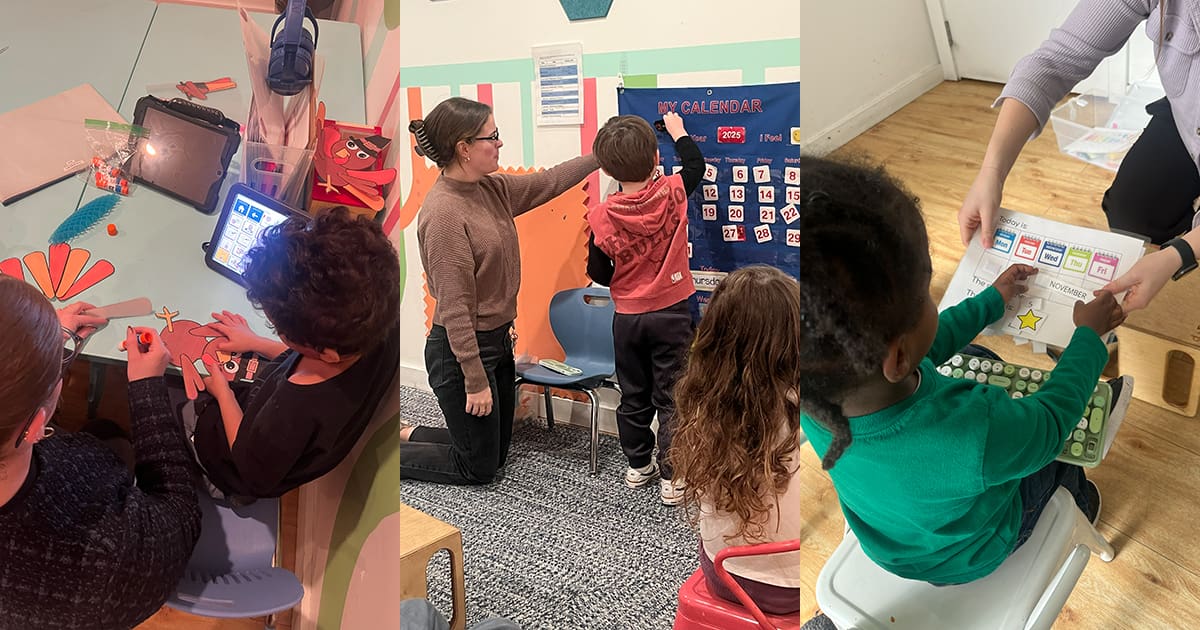Share this Post

Attention difficulties can create challenges in learning, social interaction, and daily routines, especially for children with autism or developmental delays. These challenges often manifest as difficulty staying focused, following directions, or managing transitions between tasks. While these struggles can be overwhelming for both children and their families, the right support can make all the difference.
At CST Academy, we specialize in helping children with attention challenges thrive. Our holistic and individualized approach addresses the root causes of attention difficulties while empowering children to develop focus, self-regulation, and confidence. Through compassionate care, evidence-based strategies, and a nurturing environment, CST Academy provides a foundation for lifelong success.
1. Individualized Plans Tailored to Every Child’s Needs
No two children are alike, and attention challenges can vary widely. At CST Academy, we create customized therapy plans for every child, focusing on their unique strengths and areas for growth. Our multidisciplinary team, which includes occupational therapists, speech therapists, and behavior specialists, collaborates to address the specific factors contributing to attention difficulties.
How this helps:
- Targeted interventions build focus and engagement.
- Activities are tailored to a child’s developmental level and interests.
- Progress is monitored and adjusted to ensure steady growth.
Parents often share that this individualized care makes their child feel supported and valued, creating an environment where they can thrive.
2. Sensory Integration Strategies for Better Focus
Many children with attention challenges also experience sensory processing differences. They may be easily distracted by noises, overwhelmed by bright lights, or unable to sit still due to sensory-seeking behaviors. CST Academy incorporates sensory integration techniques to help children feel more comfortable and engaged in their environment.
Sensory-friendly strategies include:
- Providing weighted blankets or lap pads for calming proprioceptive input.
- Using fidget tools to channel restless energy in a productive way.
- Designing sensory-rich activities that improve focus and self-regulation.
These tools and techniques empower children to manage sensory input, improving their ability to concentrate on tasks.
3. Play-Based Learning to Keep Children Engaged
At CST Academy, we believe that learning should be fun and engaging, especially for children with attention challenges. Our therapists use play-based techniques to capture children’s interest while building essential skills. By incorporating games, hands-on activities, and interactive tools, we make learning enjoyable and effective.
Examples of play-based learning include:
- Interactive group activities that promote turn-taking and teamwork.
- Puzzle-solving tasks that build problem-solving and focus.
- Creative art projects that encourage self-expression and sustained attention.
Through play, children practice skills like following directions, staying on task, and completing activities—all within a supportive and enjoyable environment.
4. Building Social and Emotional Skills
Attention challenges often affect a child’s ability to engage in social interactions or manage their emotions. CST Academy provides a safe and nurturing space for children to develop these critical skills. Through group therapy, peer interaction, and one-on-one support, we help children improve their social and emotional regulation.
How we support social and emotional development:
- Modeling and teaching appropriate communication strategies.
- Helping children recognize and express their emotions.
- Building resilience through positive reinforcement and encouragement.
These skills not only improve a child’s ability to focus but also foster meaningful connections with peers and caregivers.
5. Structured Routines for Consistency and Success
Children with attention challenges often thrive with clear, predictable routines. At CST Academy, we create structured schedules that help children understand what to expect and reduce anxiety about transitions. Consistency is key to building focus and trust, and our therapists ensure that each session follows a familiar and supportive structure.
Key components of our structured approach:
- Visual schedules that outline daily activities.
- Step-by-step guidance for transitions and tasks.
- Clear and consistent expectations reinforced with positive feedback.
These routines provide children with a sense of security, enabling them to focus on learning and growing.
How CST Academy Involves Families
At CST Academy, we know that parents and caregivers are essential partners in their child’s progress. We work closely with families to provide tools, resources, and ongoing support that extend beyond the classroom. From parent coaching sessions to take-home strategies, we ensure that progress continues at home and in daily routines.
Ways we involve families include:
- Regular updates on their child’s progress.
- Hands-on training for implementing strategies at home.
- Open communication to address questions and concerns.
Parents often share that this collaboration makes them feel empowered and supported as they help their child succeed.
Real Stories, Real Impact: A Parent’s Perspective
“Before CST Academy, my son struggled to sit through even a short activity without getting distracted. The therapists at CST Academy worked with him using sensory-friendly tools and fun, engaging games that he loves. Now, he’s not only able to focus for longer periods but is also excited about learning. The difference has been life-changing for our family!”
The Long-Term Benefits of CST Academy for Attention Challenges
With the right support, children with attention challenges can achieve incredible progress. The skills they build at CST Academy—like focus, emotional regulation, and social interaction—lay the groundwork for lifelong success. Over time, children gain the confidence and independence they need to thrive in school, at home, and in their communities.
Take the First Step Toward Success
Attention challenges can feel overwhelming, but you don’t have to navigate them alone. At CST Academy, we’re here to provide expert guidance, compassionate care, and evidence-based strategies to help your child reach their full potential.
Contact us today to learn more about how CST Academy can support your child’s unique needs. Together, we’ll celebrate every step of their journey toward greater focus, confidence, and success.
Discover Our Pediatric Therapy & Autism Care
ABA Therapy
Support for children with autism.
Autism Evaluation
Expert assessments to identify child needs.
Pediatric Therapy Services
Speech, Occupational, Feeding, and Physical Therapy.
Therapeutic Preschool
A classroom environment designed for early learners with unique needs.

Find the Best Care for Your Child




